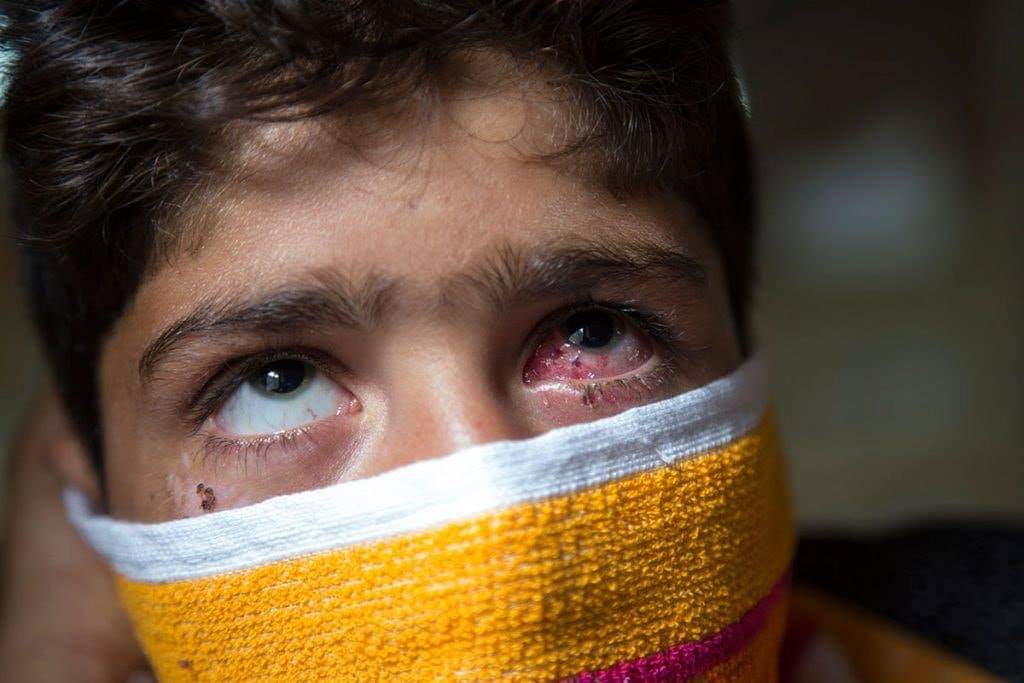SRINAGAR: At least 85% of the people blinded by Security forces’ pellet guns in Kashmir also suffer psychiatric problems, according to a new study by the Government Medical College.
The study, titled “Psychiatric Morbidity in Pellet Injury Victims of Kashmir,” says that since the 2016 mass uprising in Kashmir, 325 pellet victims have been treated for psychiatric disorders at associated hospitals of the Government Medical College in the capital, Srinagar.
“85% of 380 pellet victims examined during this post-2016 uprising period were found to be suffering from various psychiatric disorders,” the study says.
While these numbers may sound alarming, the situation is exacerbated by the fact that most pellet gun victims do not visit psychiatrists.
While most avoid psychiatric consultation due to the taboo attached with psychiatry, other cite reasons from lack of money to lack of hope in medical intervention and severe depression.
“Most of the people associated with our organization have not seen a psychiatrist, and even those who have been often give up after a single visit,” said Mohammad Ashraf, chairperson of the Pellet Victims Welfare Trust, adding that though the pellets left him blind in one eye, he only visited the psychiatrist once.
According to figures from hospitals and doctors, several thousand people have been fully or partially blinded by Indian forces’ use of pellet guns on civilian demonstrations since 2010, when the guns were introduced.
In January 2018, the then Jammu and Kashmir Chief Minister Mehbooba Mufti told the state legislative assembly that 6,221 people had been injured by the guns.
While human rights groups like Amnesty International and Human Rights Watch have called for an end to the use of pellet guns — which have also killed scores of civilian demonstrators — India continues to use them, calling them “non-lethal.” (PTK)


